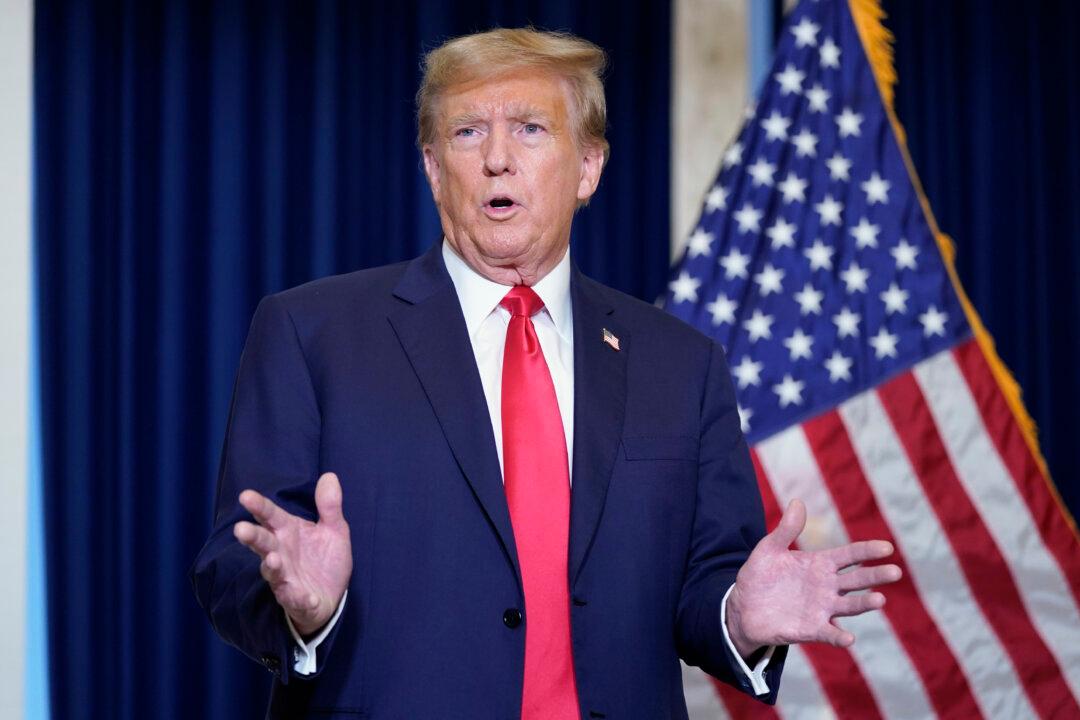The challenge to former president Donald Trump’s inclusion on the 2024 ballot is being pursued in a number of states, including Oregon, where the opposing parties have submitted court documents outlining their arguments regarding the validity of the challenge.
The obstacles for President Trump’s inclusion on the ballot stem from a Civil War-era provision of the 14th Amendment that forbids the holding of federal office by anyone who has “engaged in insurrection or rebellion.” Whether this provision applies to the presidency is as yet undecided in the state.





